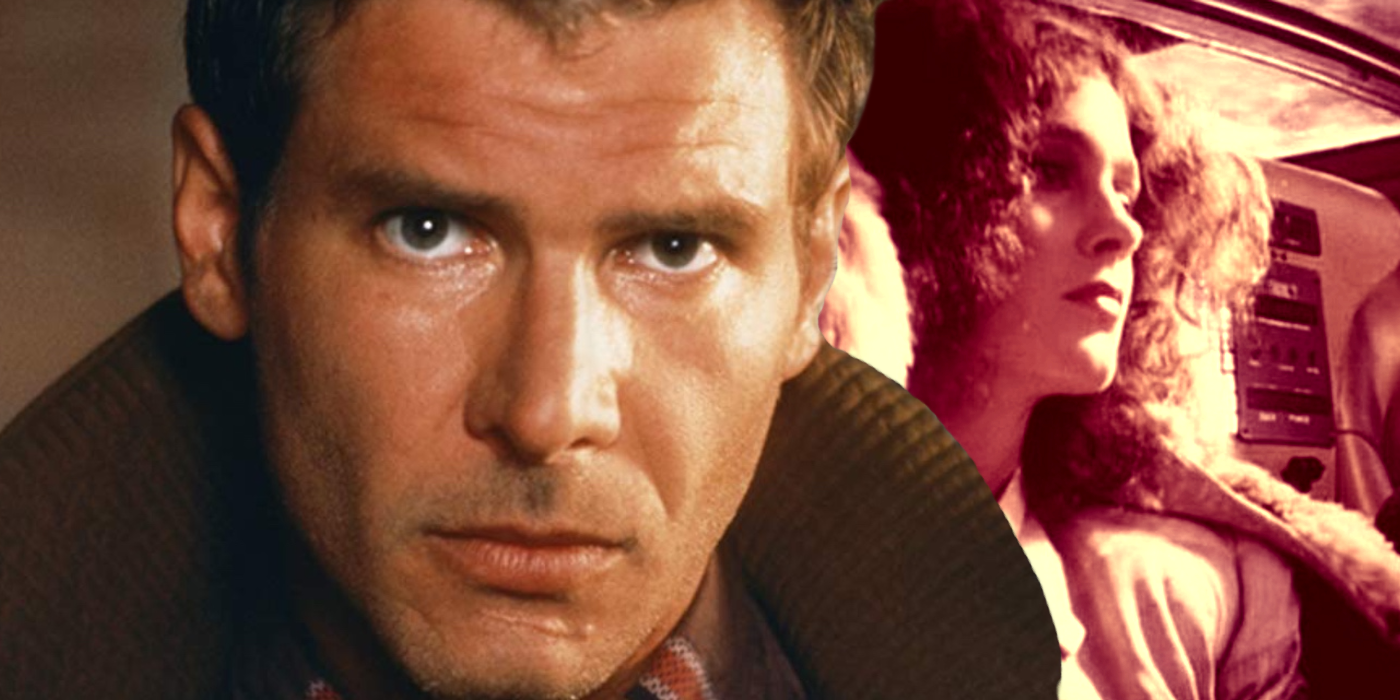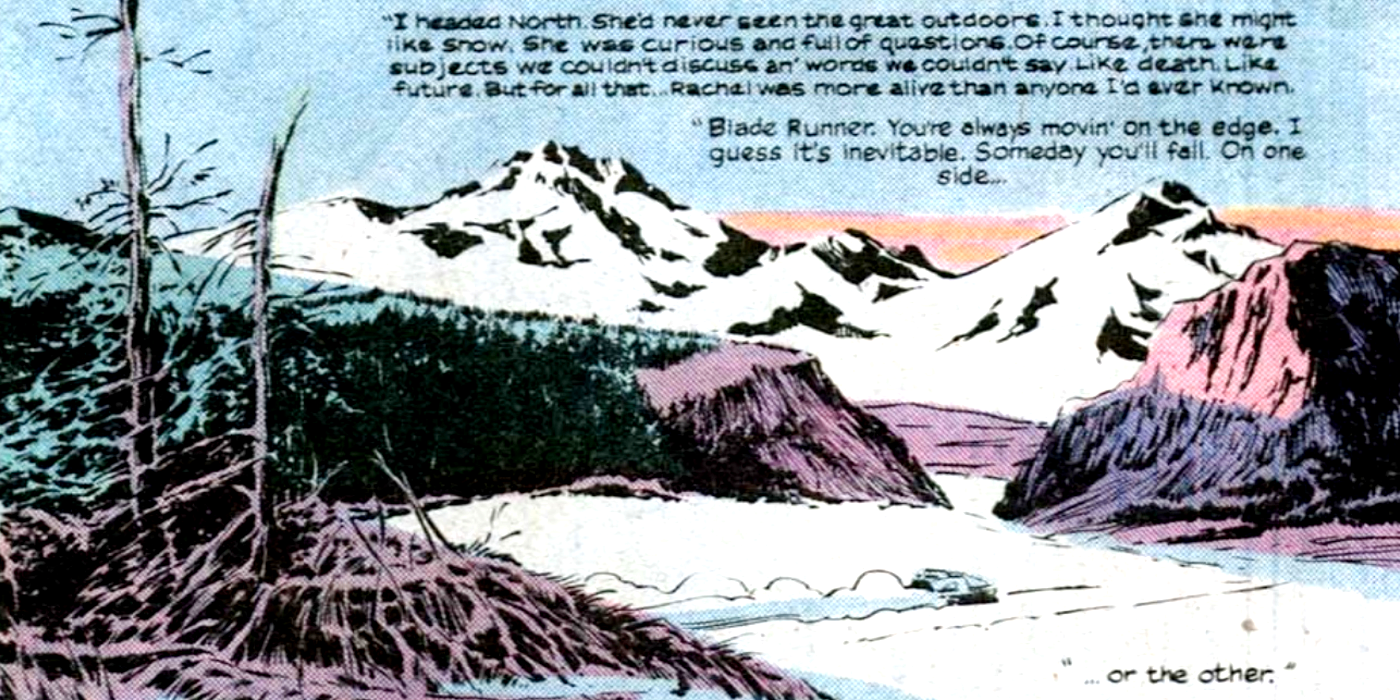Since the Director’s Cut of Blade Runner was released (following the overwhelmingly disappointing Theatrical Cut) debates have raged among fans over one question: which is the better version of the film? The Theatrical Cut certainly created its fair share of controversy and division among fans, especially when it came to one particular 'mistake' that seemed to plague the film throughout its runtime - one that Marvel Comics actually fixed.
Longtime fans of Blade Runner are well aware that it is not simply one film, but three versions, all with very different implications and outcomes. The Theatrical Cut being the first, accompanied by a film-noir-style voice over from Harrison Ford, adding internal dialogue to Deckard's role. Next came director Ridley Scott's Director’s Cut, which removed the voice over (and equally blunt ending) and added extra scenes indicating Deckard may have been a newer form of Replicant. The third release, known as the Final Cut, has since been regarded as the official version of the film. While this version adds extended shots, scenes, and violence, the remastered version mainly keeps intact the changes to Deckard's character that imply he's a replicant.
Following the film’s original theatrical release, Marvel Comics published the two-issue miniseries Blade Runner, adapted for the page by Archie Goodwin with art by Al Williamson and Carlos Garzon. Overall, the comic was a play-by-play of the Theatrical Cut, with Deckard’s voice over appearing as internal monologue captions, and most of the dialogue remaining the same. However, in the case of the comic, this choice actually improves the story.
In the Theatrical Cut, Deckard's film noir-style voiceover felt corny and entirely unnecessary, given it communicated details already clear from the acting or context. Deckard gave fans insight into his inner thoughts as well as describing the scene around him in every given situation. While that was a bit tiresome in Blade Runner, it worked perfectly as internal monologue captions in the comic book. Most classic comics have boxes of text that contain information outside of what is being spoken or thought by a specific character, and since the Marvel comic is a direct adaptation of the Theatrical Cut, the controversial voice over actually worked perfectly in comic form, filling in the gaps between still images.
Most fans would agree that the Director's Cut and remastered Final Cut of Blade Runner are the definitive versions, with only a small sector of the fandom recognizing the Theatrical Cut as superior. However, as far as Marvel Comics is concerned, the Theatrical Cut is the best version of Blade Runner - at least in the story's comic book adaptation.


